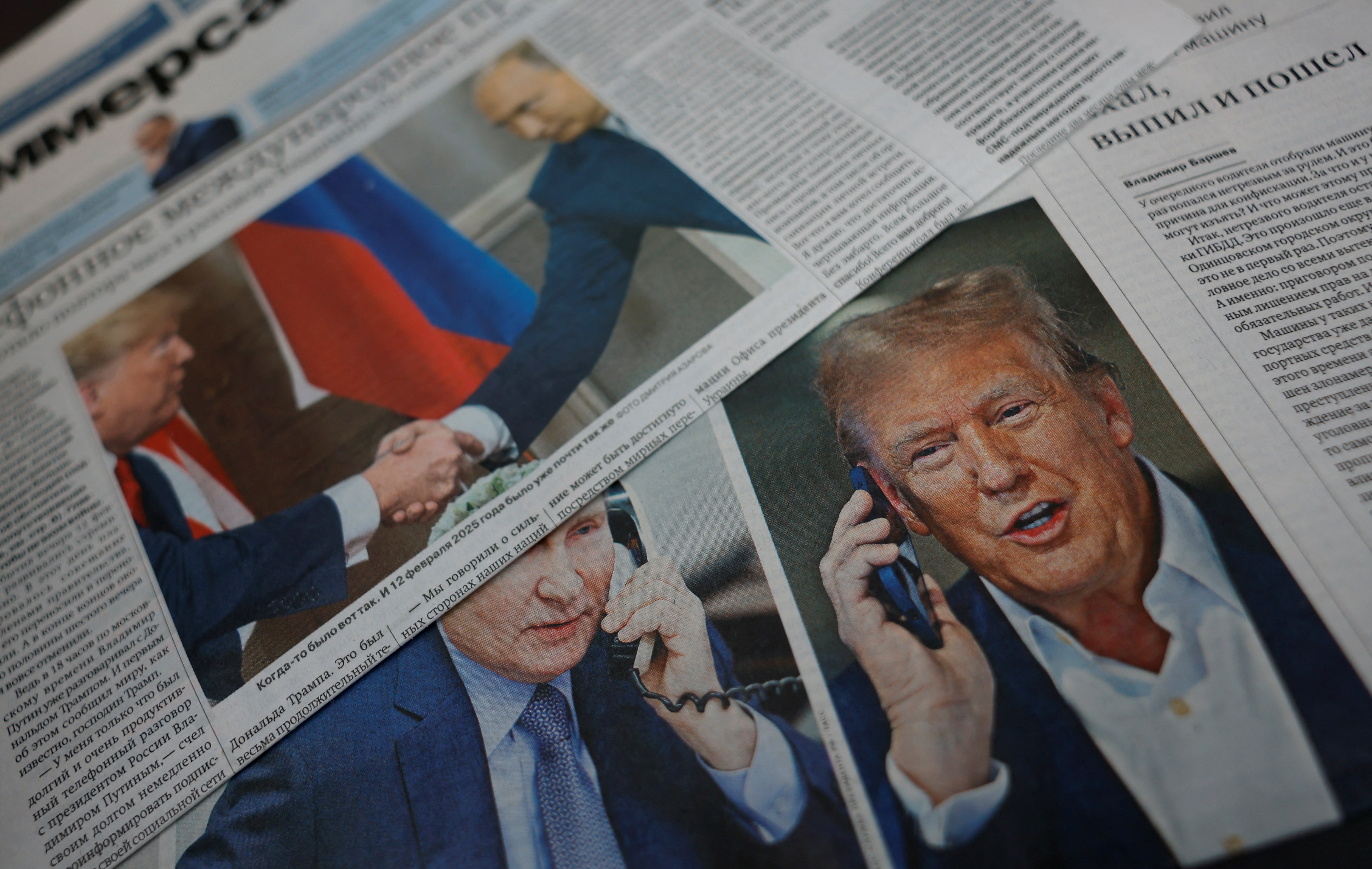Trump's Major Russia Announcement: What It Means for U.S. Sanctions and Global Relations Ahead

Trump Set to Make Major Russia Statement as Sanctions Showdown Approaches
Donald Trump has announced he will address the nation with a significant statement on Russia on 14 July. This development comes amid escalating global attention towards U.S.-Russia relations, as the American president asserts that he alone holds the authority to finalize decisions on punitive measures, regardless of legislative efforts from Congress. With this upcoming announcement, both domestic and international observers are focused on the evolving dynamics at the intersection of foreign policy, national leadership, and the potential economic impact of regulatory actions targeting Moscow.
Presidential Power and the Future of Sanctions
At the heart of the current discourse is the executive branch's prerogative over the implementation and enforcement of economic penalties against Russian interests. The assertion that the head of state will make the final call, even in the face of possible new legislation, underscores the unique constitutional role the presidency plays in foreign affairs. As lawmakers in Washington pursue broad punitive proposals, including expansive tariffs and restrictions targeting sectors linked to Russian energy and finance, the process for enacting such measures inherently requires presidential approval or active cooperation.
Recent legislative efforts exemplify the growing momentum in Congress to increase financial pressure on Moscow. Notably, the Sanctioning Russia Act, introduced with overwhelming bipartisan backing in both chambers, aims to levy steep tariffs on nations engaging in trade with Russia and expand the scope of investment restrictions. The evolving legislative landscape illustrates the depth of concern among American policymakers regarding ongoing geopolitical tensions and the perceived need for robust deterrence tools. However, the president’s explicit affirmation of decision-making authority reiterates the constitutional checks and balances that underpin U.S. governance, especially in matters of international consequence.
Strategic Context and International Ramifications
As anticipation builds for the upcoming statement, the broader context is shaped by ongoing conflict and diplomatic challenges in Eastern Europe. Recent months have seen persistent attempts by American leadership to mediate and influence outcomes in the region, with varying degrees of success. The efficacy of sanctions as a strategic lever depends not only on the specifics of legislative language but also on the willingness of the administration to enforce and adapt them in response to evolving circumstances on the ground.
Economic penalties targeting a major global player such as Russia carry far-reaching implications for international trade, energy markets, and the stability of allied relationships. The prospects for additional restrictions and their design are closely watched by partners in Europe and major economies worldwide. Within this context, the American president’s public stance on ultimate executive authority reflects a complex interplay between legislative ambition, bureaucratic process, and diplomatic calculation.
Key Terminology and Milestones in Policy Development
Understanding the current scenario requires familiarity with several core terms and processes. Sanctions refer to regulatory measures—often in the form of trade bans, asset freezes, or financial prohibitions—imposed to coerce or punish targeted actors. Tariffs are specific taxes or duties on imports, used both for revenue and as instruments of economic strategy. Bipartisan legislation describes bills that attract support from members of both major political parties, enhancing their chances of passage. Within the current policy debate, these instruments have been deployed and debated as mechanisms to pressure foreign governments and influence behavior on the international stage.
The legislative journey of the Sanctioning Russia Act marks a pivotal milestone in the ongoing saga. With its introduction and widespread sponsorship, the bill has moved through committee consideration and generated significant public and private sector interest. The final outcome, however, will hinge on the interplay between congressional will and the executive’s constitutional prerogative. Past milestones in U.S. sanctions policy, from the aftermath of major geopolitical crises to more recent events in Eastern Europe, provide instructive precedent for assessing the potential impact and contours of any forthcoming actions.
Looking Ahead: What the Statement Means for U.S.-Russia Relations
The scheduled address promises to clarify the administration’s approach at a critical juncture. For policymakers, analysts, and the public, the episode is a high-profile reminder of the central role that leadership decisions play in shaping both headline policy and its practical application. Given the scale of international attention and the confluence of legislative, diplomatic, and economic factors, the announcement is expected to set the tone for the next phase of American engagement with Russia.
Observers are watching closely for signals on the direction of policy, the specifics of any potential economic reprisals, and the broader implications for transatlantic cooperation. In a rapidly changing global context, the clarity and resolve demonstrated in this address are likely to influence not only the evolution of bilateral ties but also the contours of future collective security efforts and market stability. The coming days will be pivotal in setting expectations and shaping perceptions both within the United States and among its partners worldwide.
